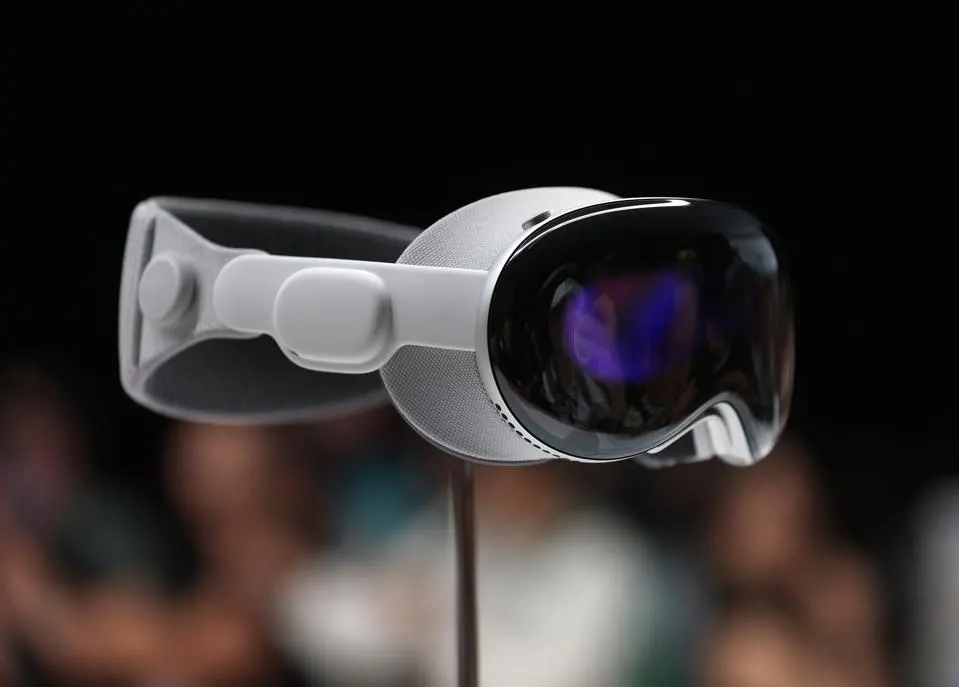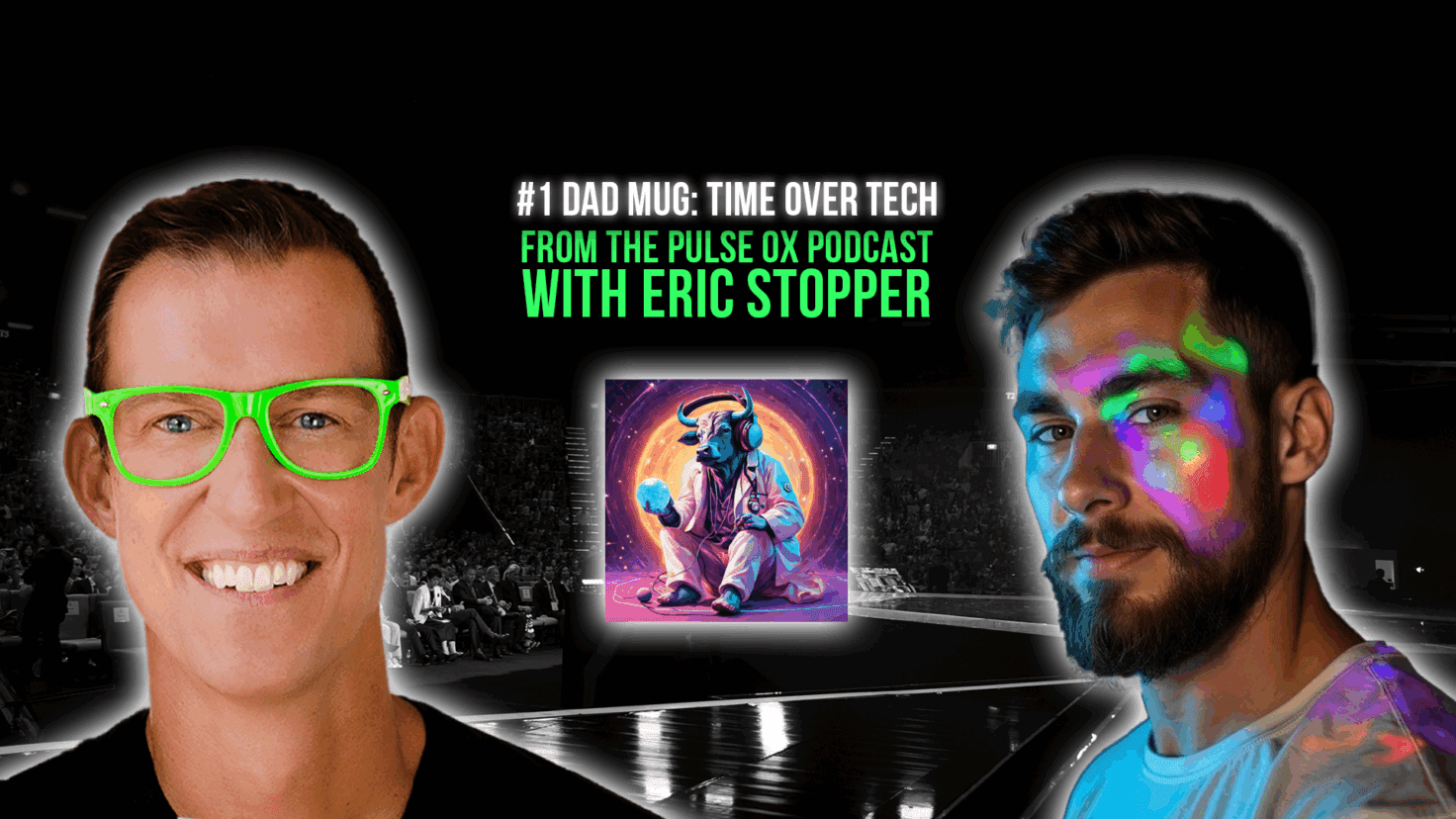Apple Vision Pro: 7 Paths to Failure
Apple Vision Pro: 7 Paths to Failure
Apple’s Vision Pro is a new augmented reality (AR) headset that was announced at WWDC 2023. The headset is designed to be a powerful tool for both consumers and businesses, and it has the potential to revolutionize the way we interact with technology. However, there are a number of reasons why the Vision Pro is likely to fail.
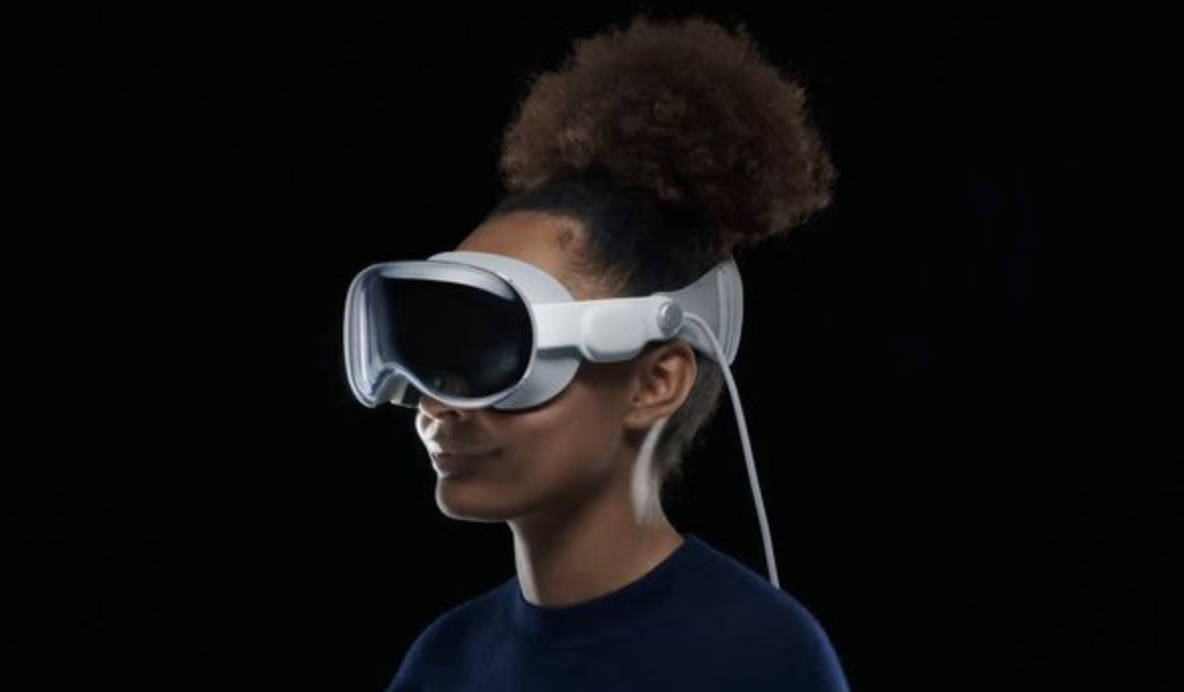
Apple launched the innovative Apple Vision Pro headset this week.
Keep in mind that one should not make a habit of betting against Apple, they have a history of watching the competition before they enter a market (see Mac, iPod, iPhone, Apple Watch, etc.). Even though the first version of a product might underwhelm, Apple has deep pockets and a good track record of course correction. For example, the Apple Watch failed to meet expectations when it was first released.
Today I’ll write about why Apple’s Vision Pro will fail and tomorrow I will write about why it will succeed.
1. Cost
The Vision Pro is priced at $3,499, which is more expensive than most AR headsets on the market. The average price of an AR headset is $1,000.This high price tag will likely deter many consumers from buying the headset.
2. Small Market
Notable players like Meta and Microsoft have been selling headsets for a few years now. Yet, only 1.5 million AR headsets were sold in 2022. That’s the total for the entire industry. Conversely, Apple sells 56 million AirPods per year and 40 million Apple Watches per year.
3. Sex Appeal
My first reaction when I saw the iPhone? WOW. Wow, I need to get this ASAP. My first reaction to the Apple Vision Pro? A great improvement over the current headsets available, but what problem does it solve? I didn’t feel I needed to rush onto a waiting list. Also, I can’t ever remember spending thousands of dollars on a luxury product that made me instantly less attractive and more vulnerable (limits peripheral vision).
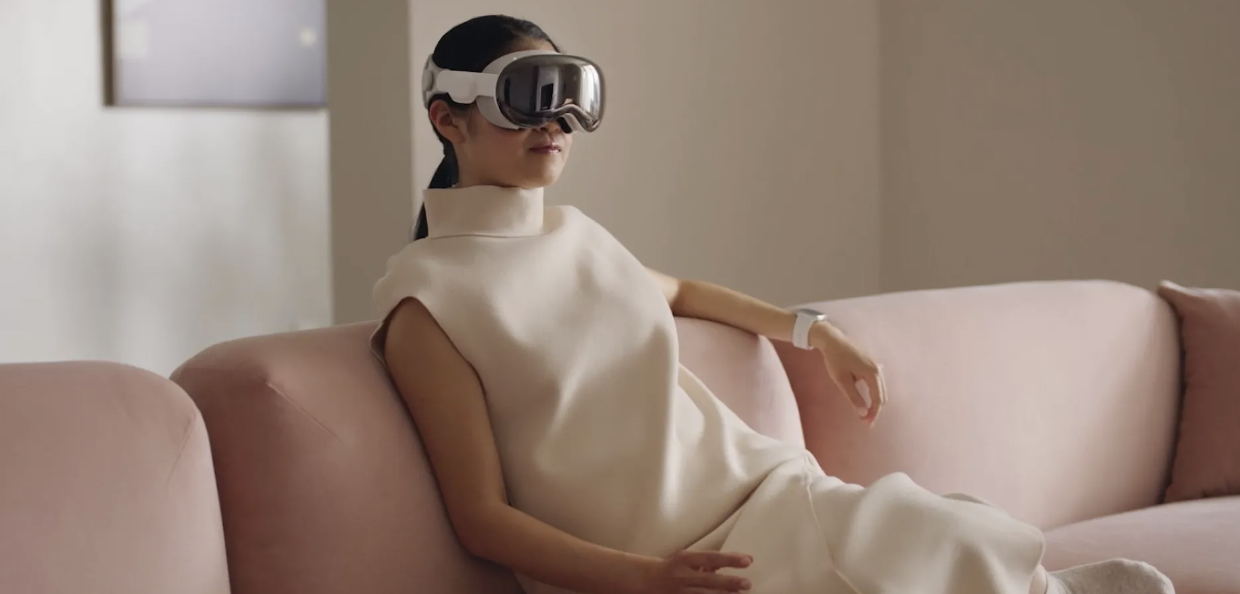
The Apple Vision Pro can be described as clunky, inefficient, and unsexy.
4. Limited Software Support
The Vision Pro is still in its early stages, so there is a limited amount of software available for it. This lack of software support will make it difficult for consumers to justify the high price of the headset.
5. Battery Life
The Vision Pro has a battery life of about 2 hours, which is not very long for an AR headset. This short battery life will make it difficult for consumers to use the headset for extended periods of time.
6. Health Concerns
There are a number of health concerns associated with using AR headsets. These concerns include eye strain, headaches, and motion sickness. These health concerns could deter some consumers from using the Vision Pro.
7. Competition
There are a number of other AR headsets on the market, including the Meta Quest 2 and the Microsoft HoloLens 2. These headsets are priced significantly lower than the Vision Pro and have a wider range of software support. This competition will make it difficult for the Vision Pro to succeed.
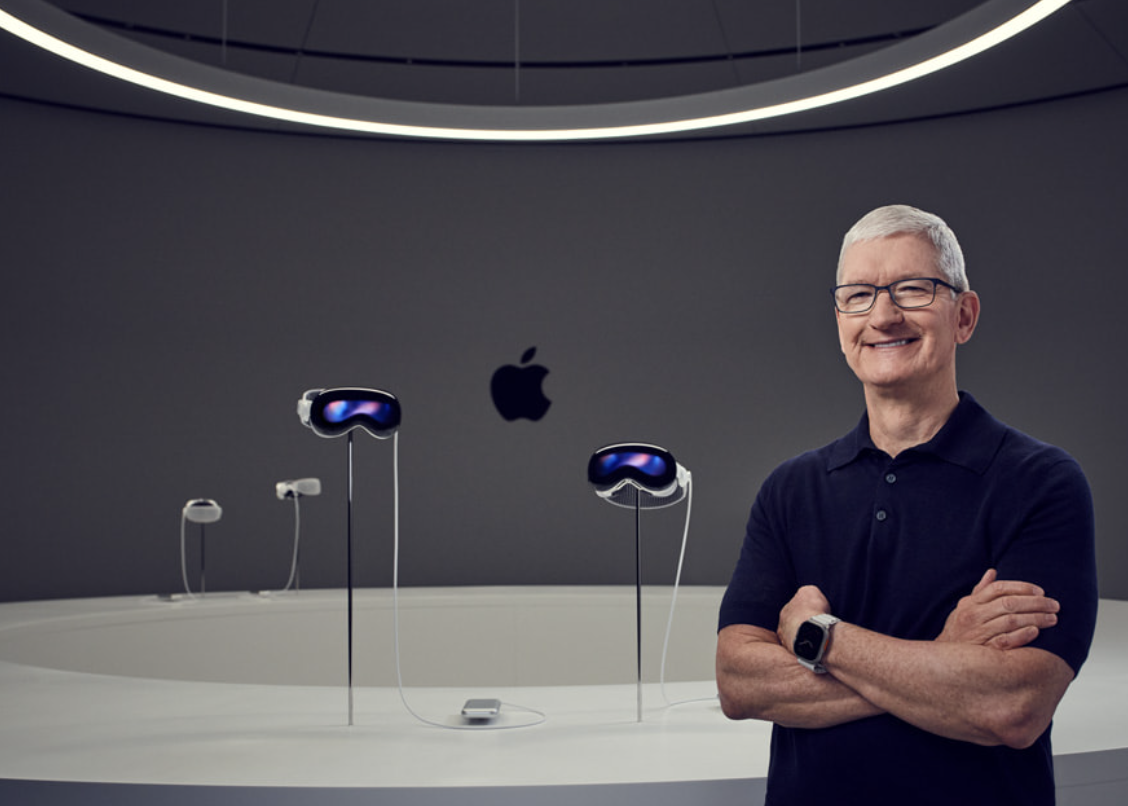
Apple CEO, Tim Cook, launches the Apple Vision Pro despite cheaper models on the market.
Conclusion
The Apple Vision Pro is a powerful AR headset with a lot of potential. However, the high price tag, limited software support, short battery life, health concerns, and competition make it unlikely that the headset will be successful. In fact, it’s most likely this project was greenlighted as a hedge against competitors Facebook and Microsoft. Apple didn’t want to be too far behind these two if their headsets were successful. They’ve been public failures.
Overall, the Apple Vision Pro is a risky investment. It is possible that the headset will be successful, but it is more likely it’s on a path to failure.
The above is the opinion of Motivational Speaker Erik Qualman

